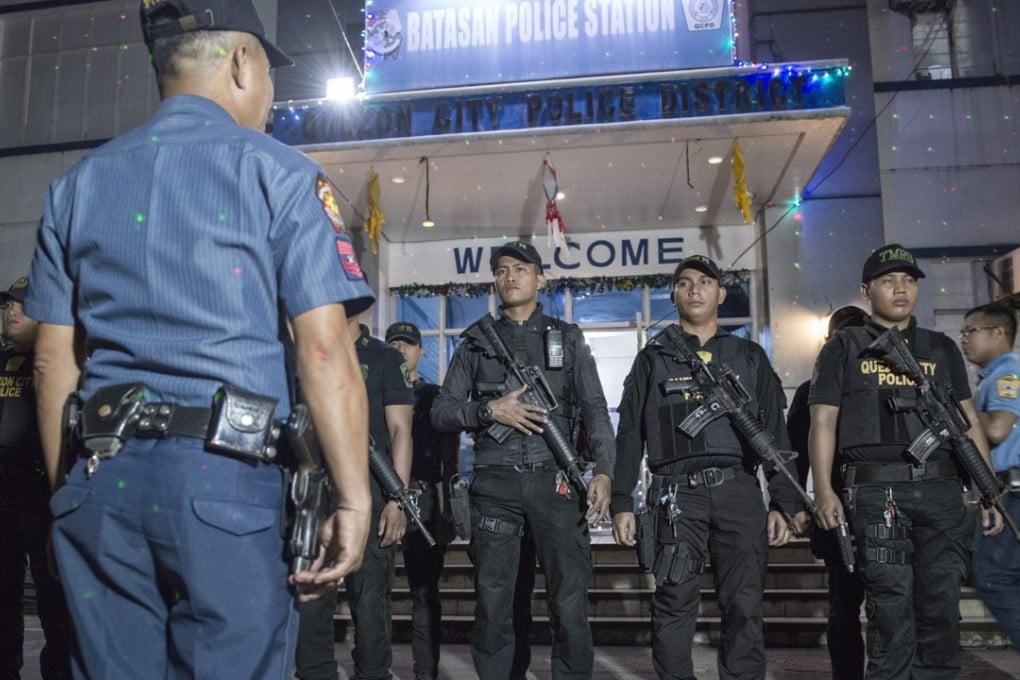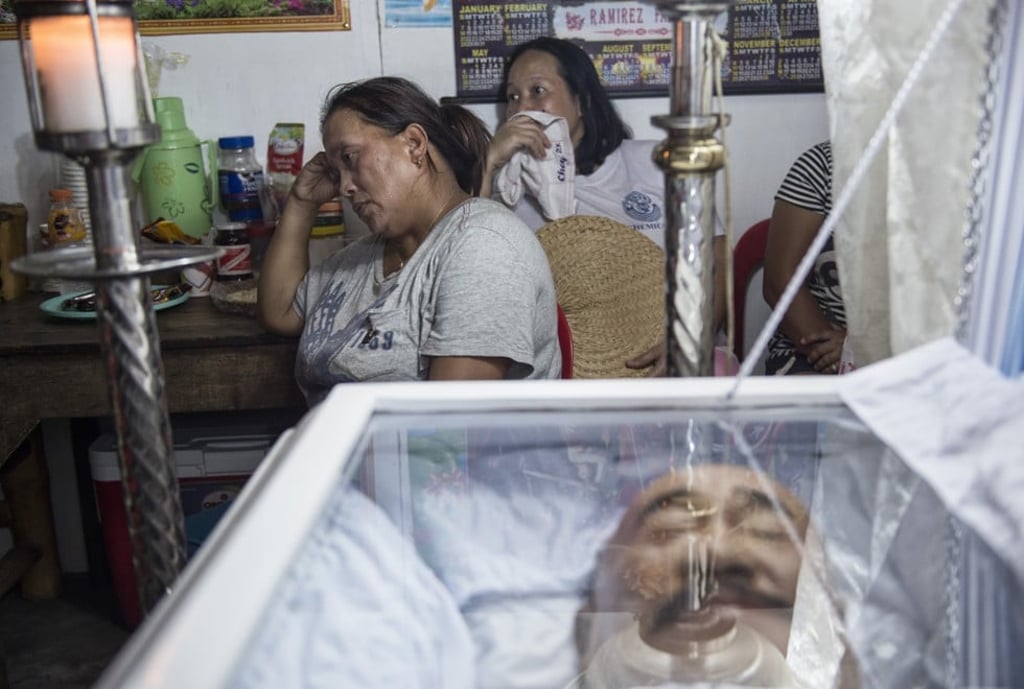How Philippines war on drugs has become a war on the poor
Despite international pressure to stop the extrajudicial killings and the police touting more transparency in their operations, the daily slaughter continues in Manila’s poverty stricken neighbourhoods

“Run!” Carlito Ramirez managed to shout just one word before the six masked men on motorcycles shot him in the back of the head. The warning saved the life of his wife.
“We were going to buy some rice and I just ran for cover,” recalls Victoria Ramirez, at her husband’s wake, in Caloocan City, Manila. “When I turned around, I saw Carlito lying in a pool of blood.”
Carlito Ramirez was killed on December 11, just a week after the couple’s only daughter and her husband had been shot down in the same way.
“They are wiping us out,” says Victoria Ramirez. No tears dampen her defiant face but she worries their granddaughter, who has just received the family’s first college degree, will suffer the same fate.
Nobody in this poor neighbourhood of the Philippine capital – small concrete houses set along winding alleyways – doubts that the Ramirezes are casualties of President Rodrigo Duterte’s war on drugs. But Victoria Ramirez denies any links to the trade and believes the murders are politically motivated. She says Carlito wanted to run in the coming “barangay” (district) elections.
Officially, the police have labelled the case DUI, “death under investigation”, a designation employed thousands of times since June 30, 2016: the day Duterte was sworn in. But the family believes the correct acronym for Ramirez’s case is EJK: “extrajudicial killing”.
